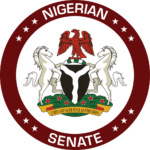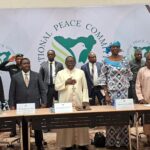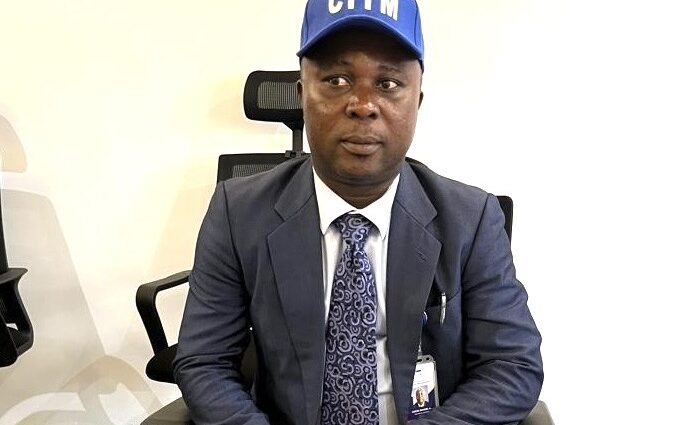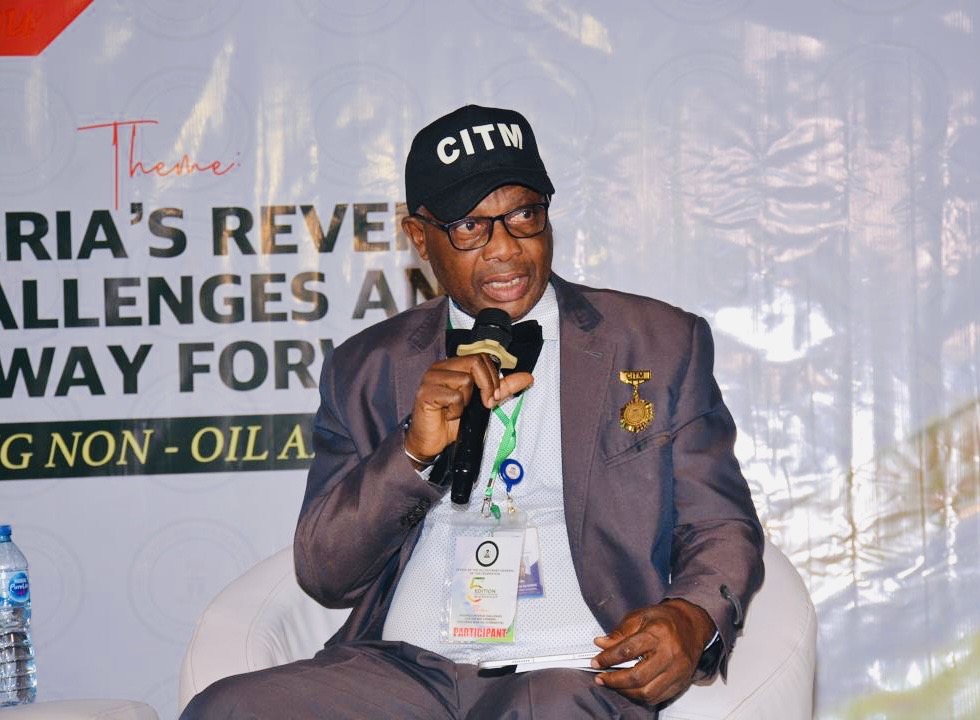Institute urges oil firms to strengthen financial discipline
By Aderogba George The Chartered Institute of Treasury Management (CITM) has called on oil and gas companies in Nigeria to strengthen their financial management systems and adopt prudent treasury practices to avoid insolvency. The call follows the recent receivership of Nestoil Limited, whose Lagos headquarters was sealed after a FederalContinue Reading














